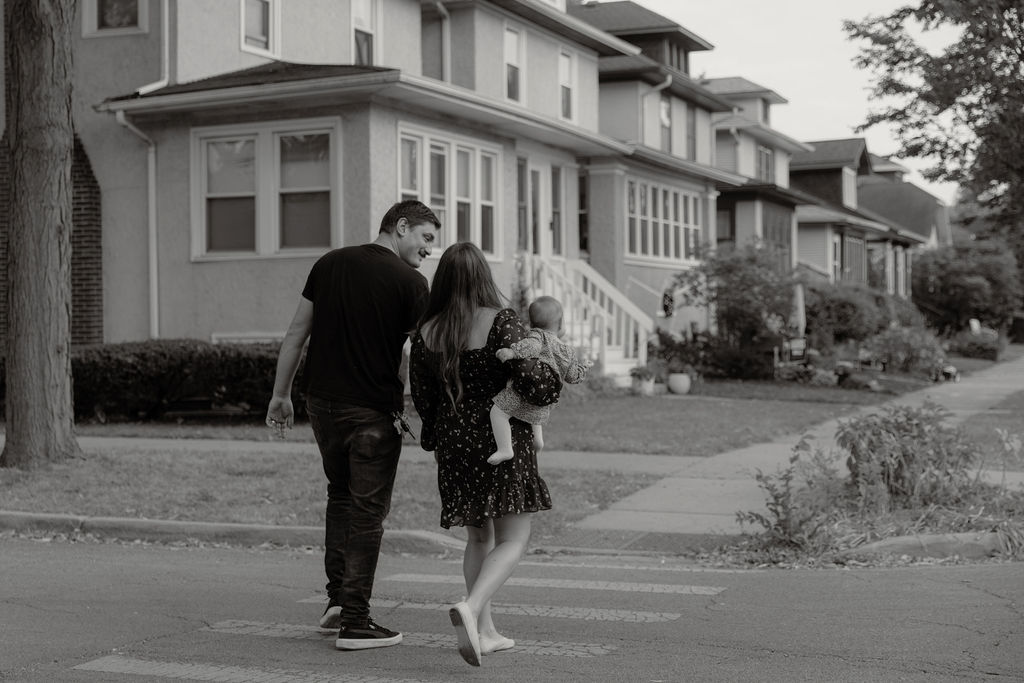The Art of a Genuine Apology: How to Make Things Right

We all make mistakes. It’s a part of being human. Whether it’s saying something hurtful in the heat of the moment or making a decision that affects others negatively, knowing how to give an apology sincerely is a crucial life skill that can strengthen relationships and promote emotional healing. Apologizing after a mistake or a conflict is an important way a relationship can grow and feel safe.
Why An Apology Matters
A genuine apology isn’t just about saying “I’m sorry.” It’s about taking responsibility for our actions, acknowledging the impact on others, and committing to do better. A well-delivered apology can rebuild trust, repair relationships, and facilitate personal growth.
Elements of an Effective Apology
1. Take Full Responsibility
Start by acknowledging what you did wrong without making excuses or trying to justify your actions. Avoid using phrases like “I’m sorry, but…” or “If you were hurt…” These qualifiers diminish the sincerity of your apology.
Instead, try: “I was wrong when I…” or “I take full responsibility for…”
2. Show Understanding with an apology
Demonstrate that you understand how your actions affected the other person. This shows empathy and validates their feelings. Be specific about the impact of your behavior.
3. Express Genuine Remorse
Your apology should come from a place of genuine regret for your actions, not just regret for getting caught or facing consequences. The other person should feel your sincerity through your words and tone.
4. Make Amends
Outline how you plan to make things right. This might include:
- Asking what you can do to repair the damage
- Offering specific solutions to address the issue
- Making concrete changes in your behavior
5. Promise to Do Better
Explain how you’ll prevent similar situations in the future. Be specific about what changes you’ll make in your behavior or approach.
What to Avoid
When apologizing, steer clear of these common pitfalls:
- Defensive language or justifications
- Shifting blame to others
- Minimizing the other person’s feelings
- Making it about your own guilt or shame
- Conflict stacking
Example of a Good Apology
“I was wrong to dismiss your concerns during our meeting yesterday. I realize now that my behavior was disrespectful and made you feel undervalued. I’m truly sorry for acting that way. In the future, I commit to listening fully to your input and ensuring you have space to share your thoughts. What can I do to make this right?”
John Gottman, a renowned relationship expert, has shared valuable insights on the importance of apologizing in relationships. Here are a few quotes and ideas from his work:
- “Love means saying ‘I’m sorry’ a lot.” Gottman emphasizes that frequent apologies are crucial in maintaining a healthy relationship.
- “A good apology involves both the giver and the receiver.” He highlights that a meaningful apology requires effort from both parties to repair the relationship.
- “Apologize, forgive, begin again.” Gottman suggests a three-step process for effective apologies: own the mistake, repair the damage, and vow to do better.
These quotes reflect Gottman’s belief in the power of sincere apologies to strengthen relationships. If you’re interested in more of his insights, you can find them here.
Conflict Stacking
Conflict stacking is when one person expresses being upset and the other person decides to bring up other conflicts they haven’t communicated about in the same conversation.
For example, if your partner expresses hurt over you forgetting an important date, conflict stacking would be responding with “Well, you never help with the dishes and you were late to our dinner last week!” This behavior derails the original conversation and prevents resolution of either issue.
Conflict stacking is problematic because:
- It shifts focus away from the original issue that needs addressing
- It creates a defensive environment where both parties feel attacked
- It prevents proper resolution of any single conflict
- It can feel manipulative or like a way to avoid taking responsibility
Instead of conflict stacking, focus on addressing one issue at a time. If other concerns exist, make note of them and bring them up at an appropriate time when both parties are ready to discuss them constructively.
When the Timing of the Apology Matters
While it’s important to apologize promptly, sometimes people need space to process their emotions. Read the situation and respect if someone needs time before having a conversation about what happened.
Moving Forward
Remember that apologizing is just the first step. Your actions moving forward will demonstrate the sincerity of your words. Focus on rebuilding trust through consistent behavior that aligns with your commitment to do better.
Learning to apologize effectively is a skill that takes practice. It requires humility, self-awareness, and genuine care for others’ feelings. When done right, it can transform conflicts into opportunities for deeper understanding and stronger relationships.











